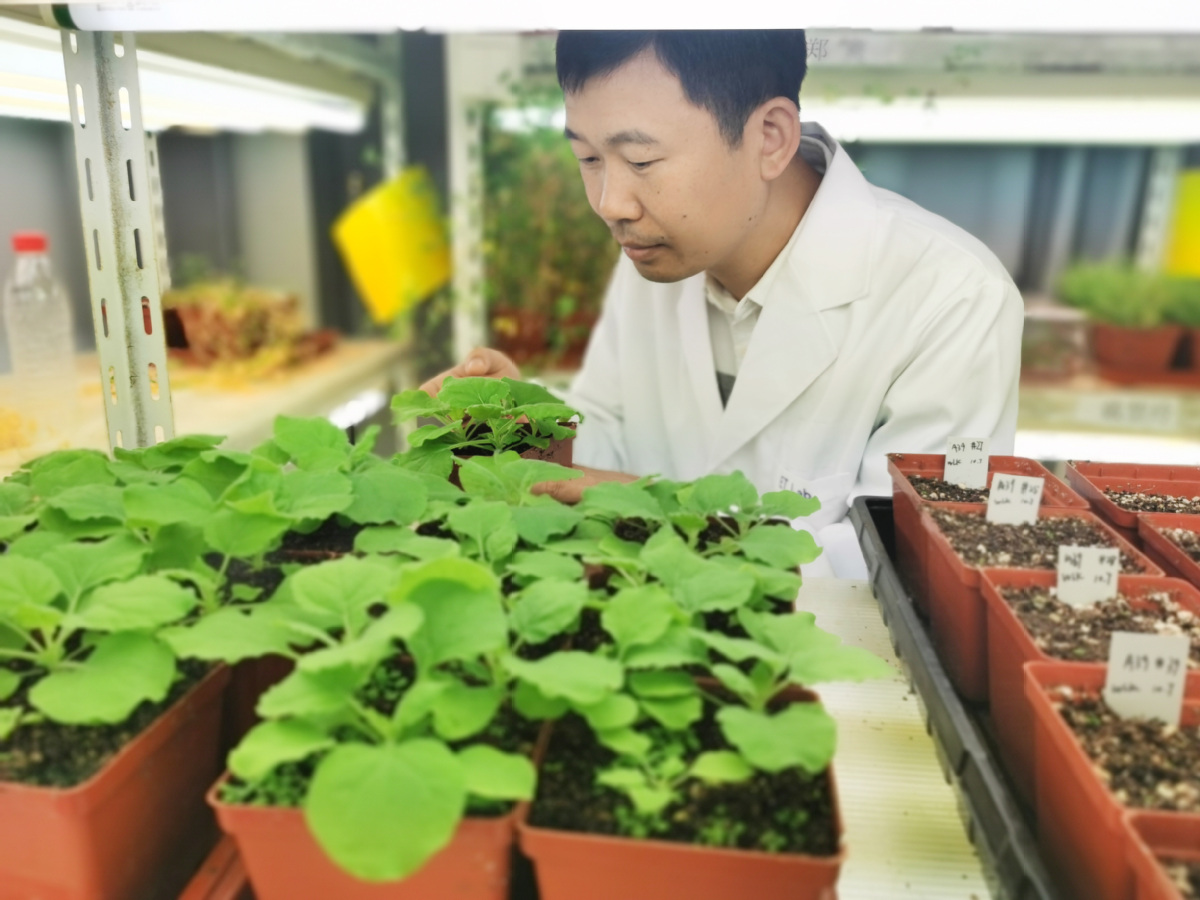Chinese researchers make new discovery in rice


Chinese researchers have discovered that increased expression of a type of protein in rice could possibly boost its absorption of phosphorus and reduce the use of agricultural phosphorus fertilizers.
The discovery could lead to new solutions for the sustainable development of agricultural production.
Phosphorus is a macronutrient essential to plants. Most plants gain such nutrition from the soil through a direct pathway via root hairs and epidermis and an indirect pathway through symbiosis with arbuscular mycorrhizal fungi.
A research team at the Center for Excellence in Molecular Plant Science of the Chinese Academy of Sciences in Shanghai has for the first time mapped a transcriptional regulatory network for arbuscular mycorrhizal symbiosis in rice.
The team has identified that the particular protein PHR, a type of transcription factor, is at the core of the regulatory network, and multiple other transcription factors are involved in the network.
"It's widely acknowledged that phosphorus fertilizers pose threats to ecological environment and are a major reason of entrophication – excessive richness of nutrients that causes a dense growth of plant life and death of animal life from the lack of oxygen," said Wang Ertao, a leading scientist of the research and a researcher from the center.
"Our research shows that there is a possibility that if we increase the expression of PHR in rice, it'll absorb more phosphorus from the surrounding and thus limit the use of phosphorus fertilizers in agriculture," he said.
- 14th China International Patent Fair opens in Dalian
- Satellite ground stations enable real time use of data for navigation, disaster response
- Ruijin Hospital celebrates 118th anniversary with release of medical innovations
- University launches AI model to aid farming, global research
- Xi meets Sri Lankan PM
- Xi meets president of Iceland





































